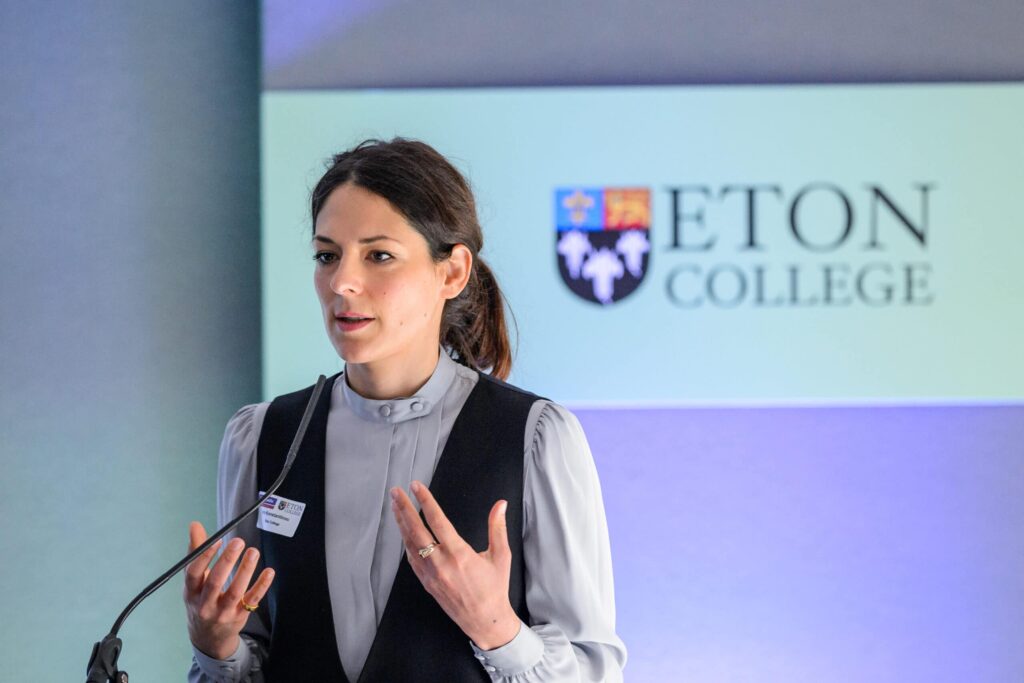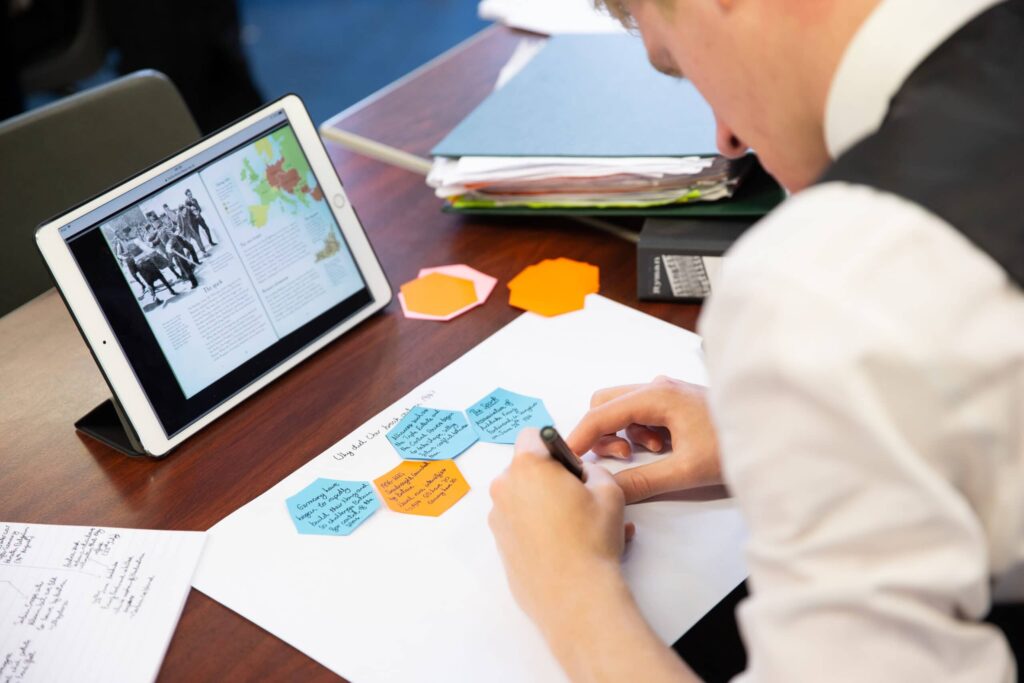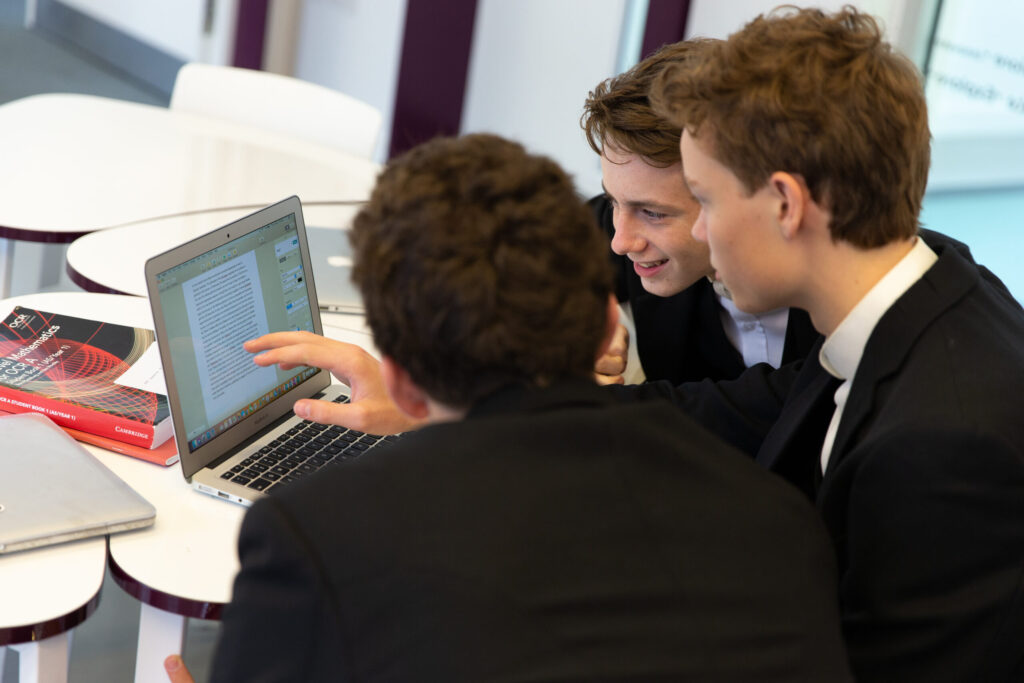In July we did some work with boys and girls from state schools who joined us for a few days of university preparation. We asked them to write their own thoughts on how they see the 21st century classroom and what skills they believe they need to develop while at school. Here are their responses.
By Emily Broughton – Bournemouth School for Girls
At Eton there is an old tradition carried over from the 18th century: it involves reciting ‘speeches’ in traditional court dress (meaning a tailcoat, breeches and stockings). Although this would seem unappealing to many with an aversion to tights it does have a purpose. One skill that has been lost in the 21stcentury classroom is the talent of public speaking. Students are no longer taught how to stand up in front of an audience. The power to captivate has been lost. Modern day students struggle to articulate themselves when under pressure and careful watch. Particularly now when employers demand skills such as debating or the ability to present ideas we need more than good exam results. Instead the education system has become obsessed with written tests. This may help you to quote Shakespeare but it will not help you in the real world.
By Rehman Amjad- The Blue Coat CofE School
Being able to work at reputable organisations such as Google and Microsoft demands more than just the ability to answer routine exam questions. It demands lateral thinking that can be developed through educated discussion and civil debate. Unfortunately, this is all avoided as teachers face enormous pressure by the government to meet pass rates. Likewise, many students avoid diving into these topics as “this won’t be on the exam.” Without exams, it’s very likely that we would have a much more competent younger generation. They would easily go above and beyond.
By Thanda Naing
A factor that plays an important role in our education would be the expanse of time used in the classroom. Aside from listening to the teacher and diligently jotting down notes, I believe that our bank of knowledge builds up far greater, and more effectively, if we are not existing as lemons. This puts forth the idea of incorporating individual interactions through seminars and debates. The collaborative learning would be much more valuable. Outspoken thoughts which express independent thinking offer insights on the perspectives of other students. So, pupils can expand their mindsets “think outside the box”. This arms them with key skills required to problem solve and critically evaluate information they are presented, instead of becoming spoon-fed each lesson.




